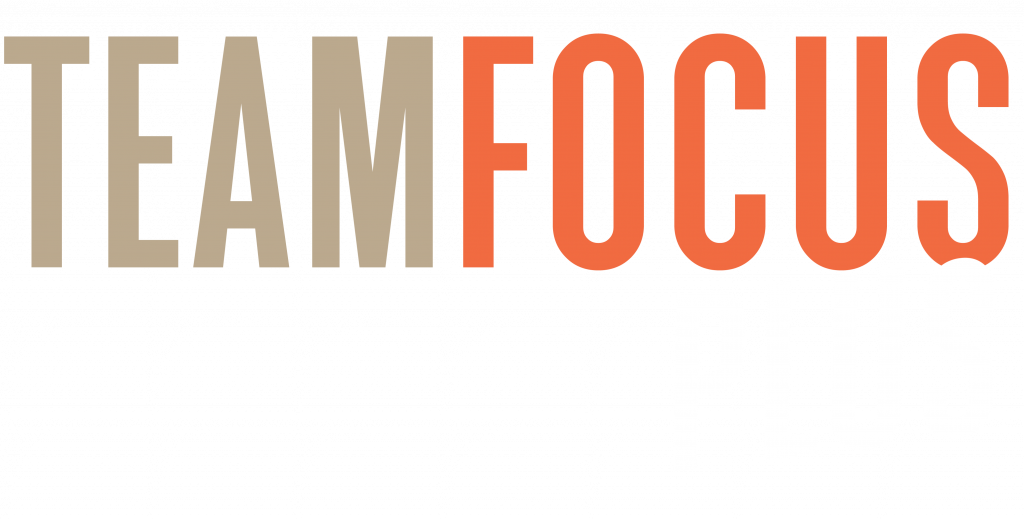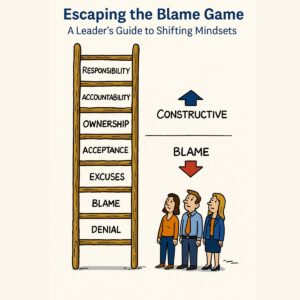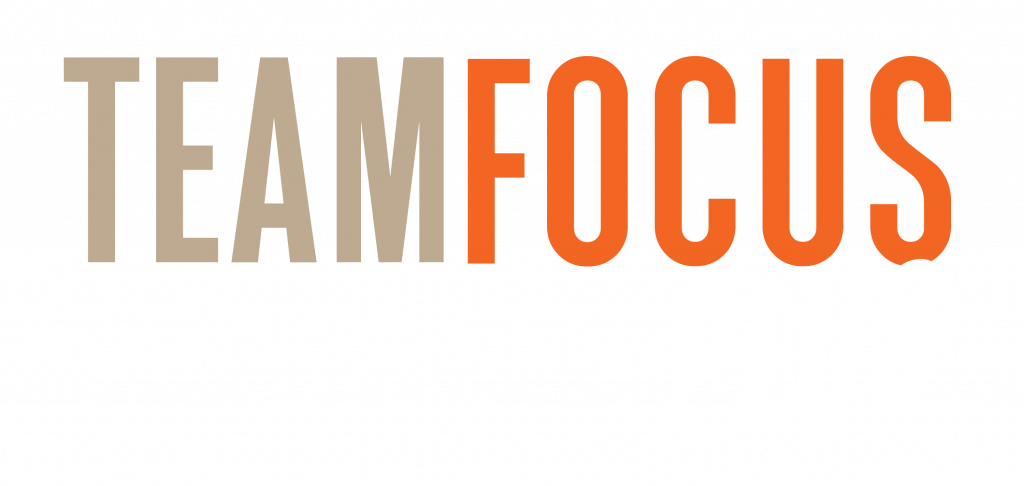Coaching is a common practice that most workplaces use to help employees improve their level of performance. A coach can guide employees that might need a hand in developing professional skills, complying with office policies, or improving working relationships. Although outside guidance has commonly assisted lagging performance employees, organisations can also apply coaching to company heads and high-performing senior employees to ensure that they continue being at their best.
With the popularity of coaching programmes across various industries, can one use this practice to transform workplace cultures? Some experts don’t think so. They believe that coaching only applies to individual behaviour. For a culture change to occur, everyone in the team must willingly modify their habits and perspectives to achieve transformational goals.
However, some experts believe that these tiny drops of change at the individual level could eventually result in bigger tides for the organisation as a whole. A culture change coach can go beyond these incremental, employee-level changes and motivate the whole team into making a shift. A coach can additionally help groups apply these practices in their interactions with peers, superiors, and subordinates.
With this, organisations can benefit from someone that can teach them how to create a solid work culture that paves the way toward a more productive, empathic, and encouraging workplace.
The Psychology of Group Coaching
Coaching methods vary depending on focus area, number of participants, and positions involved. Organisations conduct coaching for senior leaders integrating into new roles and teams that need training on how they coordinate as a group.
According to research from the University of Sydney School of Psychology, group coaching is more complex as it deals with underlying tensions in the workplace. Discussions with a group can also provide insights into the organisation’s cohesiveness, stability, and potential turbulence.
Experts recommend providing a “safe space” for team members to contribute their ideas and tackle any challenges they may be facing. It will also allow the coach to address potential issues in group dynamics, eventually helping the team members achieve goals beyond these containerised interactions.
For effective behavioural transformation at the group level, coaches must focus on the team objectives and practise upfront communication with everyone. Sufficient preparation is also necessary to properly execute programme objectives. In addition, coaches need to develop a strategic process for achieving goals and encourage follow-up sessions to ensure the programme’s success.
Good Leadership is Key
Beyond shifts in group dynamics, authentic leadership is also a key element in driving positive changes to workplace culture. A study published in the International Journal of Coaching in Organisations (IJCO) sheds light on the importance of values-driven leadership and a personal commitment to making changes that encourage a deeper level of growth and learning.
The leaders, practitioners, and consultants interviewed for the study also cited the need for leaders who value independent thinking and spiritual, professional, and personal enlightenment. Besides coaching individuals and groups into broader behavioural changes, leaders can also benefit from a coach’s guidance on how to steer the ship.
Driving a Successful Culture Change
Each workplace has its way of going about the heavy task of transforming office culture, but some practices could help drive shifts in group behaviour.
The first is by inspiring people to get on board and stay committed. To be engaged, participants must be able to align their personal situations with the identified areas for improvement.
An organisation-specific definition of ideal workplace culture is required from the start. Coaches and leaders should provide measurable benchmarks for analysing progress, continually seeking feedback, and adjusting goals as necessary.
And lastly, workplaces must apply learnings to all organisational aspects. These may include hiring, onboarding, branding, company events, and the physical office environment. Good leaders ensure that the ideal workplace culture continues beyond the coaching period.
The Bottom Line
While coaching activities alone are insufficient to change workplace culture entirely, they can help encourage overall transformation when properly applied. A guided overhaul must not only be for individual behaviour but for all members to conduct their interactions with each other.
For positive change, behavioural transformation must happen for both managers and peers. Coaches can guide managers in making these changes. The managers, in turn, can relay these processes to subordinates until the ideal workplace culture fully resonates within the organisation.
Having a culture change coach can help people from all levels of the office hierarchy identify shortfalls and take proactive steps towards changing for the better. However, a culture change requires a collective effort, not just a coach. Ultimately, it is up to the organisations themselves to take the first step and continue the path towards implementing a better way of doing things.
If you want to know more, call us on 1300 551 274 or send an email at team@teamfocusplus.com. We look forward to hearing from you.






